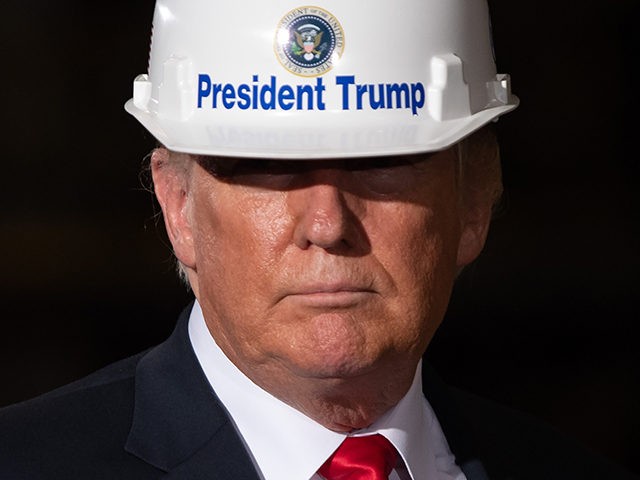“President Trump’s aggressive strategy on trade was vindicated this week as European Commission President Jean Claude Juncker agreed to work toward the elimination of tariffs on U.S. industrial imports in return for the same treatment from the United States,” writes Alfredo Ortiz, the president and CEO of the Job Creators Network, in an op-ed at The Hill.
From Ortiz’s op-ed at The Hill:
This relationship will increase markets for U.S. small business exporters, who face E.U. tariffs that are roughly 40 percent higher than those imposed by the United States, according to World Trade Organization data. It will also allow U.S. consumers to purchase European goods at cheaper prices, putting more money in their pockets and stimulating the U.S. economy. Notably, the deal also includes promises from the E.U. to import more soybeans and natural gas.
This trade agreement will be freer and fairer than the recent trading relationship between the two blocks. It’s unlikely it could have been achieved without the negotiating leverage provided by President Trump’s recent tariffs on E.U. goods and threats of more to come. While critics of the President’s tariffs have rightly pointed out that these tariffs act as a tax on consumers and small businesses who use imports as inputs, they haven’t accounted for the fact that such short-term pain is necessary for the long-term gain of a trade reset that equalizes tariffs.
…
Now the trade attention shifts to China, which will be a more difficult negotiation. According to the WTO, China’s tariffs are nearly three times larger than the U.S.’s, putting American small business exporters at a competitive disadvantage with their Chinese competitors. There are also intellectual property concerns associated with Chinese manufacturers stealing patented U.S. technology.
Read the rest here.

COMMENTS
Please let us know if you're having issues with commenting.